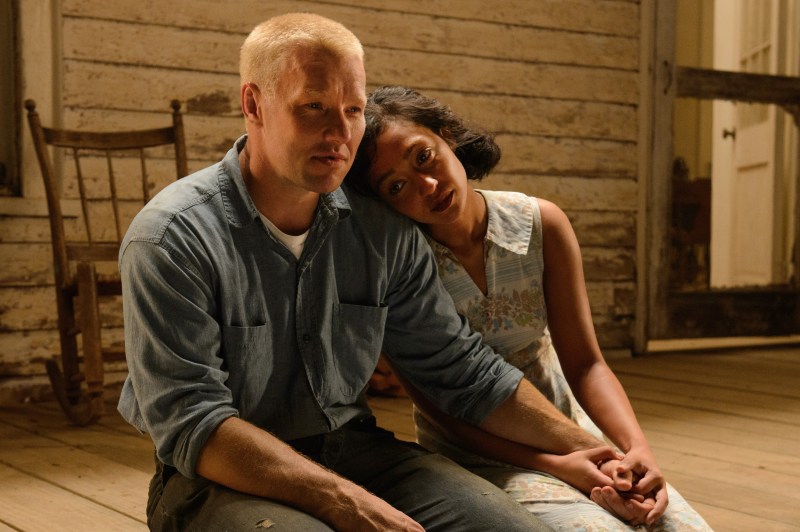“We may lose the small battles but win the big war,” says Ruth Negga’s character in “Loving,” the latest film from American independent director Jeff Nichols. Could any quote possibly be more appropriate for our time?
“Loving” recounts the true story of Richard and Mildred Loving, an interracial couple initially sentenced to prison in their home state of Virginia under the state’s anti-miscegenation laws. But over the course of 10 years, they fight their way to the Supreme Court, which rules in 1967 that their marriage is valid — thus striking down all laws prohibiting interracial marriage.
Though the case is almost 50 years old, “Loving” teems with urgency. It shows that society progresses not through sweeping advances but through gradual changes. It is a film of quiet revelations, free from any typical prestige-picture melodrama but instead full of earned delicacy. Nichols grounds the film by keeping his camera on the Lovings at all time; their love comes first. All else is background noise.
Every role in the film is immaculately cast — Joel Edgerton (“Zero Dark Thirty,” “The Great Gatsby”) portrays Richard Loving as a Hemingway character full of bucolic poetry, while Ruth Negga (AMC’s “Preacher”) acts out Mildred’s evolution from a passive farm girl to an emboldened champion of racial equality. Edgerton and Negga’s chemistry allows them to wordlessly communicate their love; a single glance between them can reveal their shared frustration or mutual joy.
And as can be expected, frustration is far more abundant than joy in “Loving.” The film documents, with painstaking patience, the 10 long years of setbacks the Lovings face on their path to marriage equality. They are jailed. They are harassed. They face opposition from within their own families. By the time their case is finally settled in the Supreme Court, both Richard and Mildred have grey hair. Their progress is hard-fought and long-awaited, and well-earned.
It is this careful attention to the gritty reality of social progress that is exactly why “Loving” is an epochal film for 2016. It shows that progress is not simply achieved with a tweet but through the tireless efforts of those committed to making it happen. It understands that change is not immediate, but hard fought for. Last Tuesday night, countless Americans felt like they had lost the battle. As the Lovings have shown, they may well go on to win the war.
Contact Rey Barcelo at [email protected].
